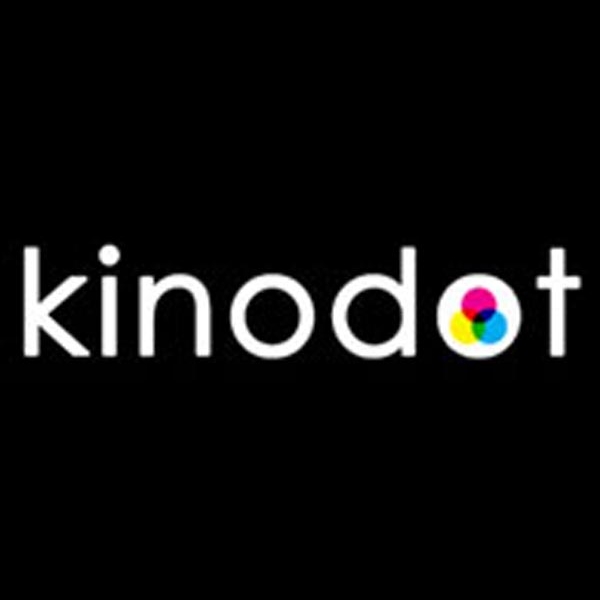About Festival
Kinodot was launched in 2012 and in the first two years it was an online minimalist short film festival at kinodot.com. In the following five years we expanded our program into theatres and unconventional venues in St. Petersburg (Russia), and broadened our selections to embrace a wide variety of artist practises. Kinodot is an independent project run by two curators without government subsidies or financial support. We pay the award money from the entry fees, same principle as crowdfunding.
What is experimental cinema?
No one can say what experimental cinema is exactly. It has been described as non-traditional, avant-garde, genre-bending, new, boundary breaking, difficult, risky, independent, searching - definitions are imprecise and relative. The same movie might appear as a revelation for the unprepared viewer and a flagrant imitation for anyone who knows the classics. Is it worth including this kind of work in a program? Where are the frontiers? What is "new"? There are no versatile answers for these questions. It's impossible to find lasting criteria for newness, or the relevance to contemporary issues, because what was urgent yesterday may soon become a dead stencil and instead of signalling a renewal of the art form it can lead to a numbing repetition, a déjà vu of rigidity.
The histories of experimental media develop in spirals, old methods are discovered anew, vocabularies are stretched to accommodate new situations. In the beginning of the 20th century abstract absolute film became a symbol of liberation, it was a new “art for art's sake” which denied utility and all-too-common common sense, and refused the rules of consumerist society. Totalitarian regimes in the 20th century viewed abstract art as an ideological enemy because it seemed to be free from social and political agendas, it was labelled as “formalism” and “degenerate art”. Decades later, structural and abstract films have won their place on screens and become a respectable, domesticated “avant-garde mainstream”, holding their elitist audiences hostage to past hopes. The joy of avant garde movies arrives not only in their surprise, their reinventions, but also in non-traditional forms of political and personal address. New cinema languages are needed not only for generating new sensations, but for speaking about what is important.
Kinodot is helmed by two curators, who have very different opinions and tastes. We have come together not to banish our differences but to celebrate them. It is out of our disagreements that diversity can flourish. We do manage to agree on this: the most actual and necessary artistic movies of today always carry both a risk and a question.


